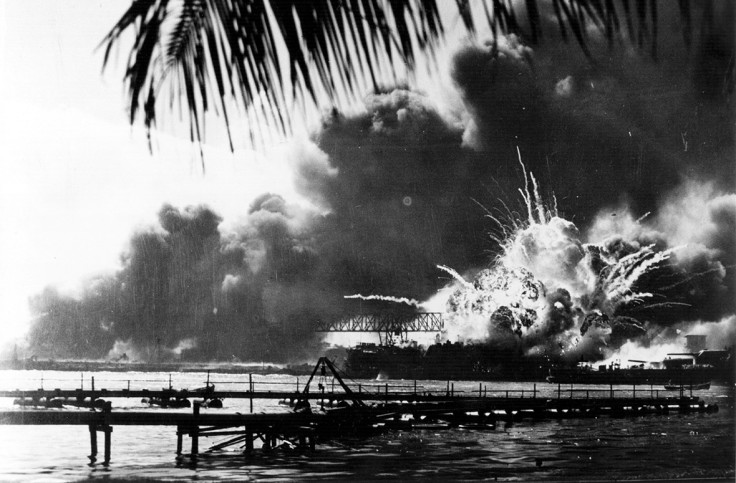Did World War II start in 1937 in Asia and not in 1939 in Europe as our history books claim?
Oxford historian Rana Mitter claims great global conflict truly began when Japan attacked China.
An Oxford historian is arguing that the history books have got it wrong: World War II started in 1937 in Asia and not in 1939 in Europe.
In fact, more US-centric accounts use 1941 as the start of the second World War - when Japan attacked its naval base at Pearl Harbor in Hawaii.
Rana Mitter, an Oxford University professor of history, argues that based on recently-released documents, the global conflict started in 1937 when Japan attacked China in the Marco Polo Bridge incident outside of Beijing.
During the eight-year conflict, more than 14 million Chinese were killed according to Mitter's book, The Forgotten Ally. In comparison, he notes that military and civilian casualties for the US and the UK totalled around 900,000.
During the conflict, 500 million Chinese became refugees and China's wartime capital, Chongqing, was heavily bombed, killing or injuring around 30,000 people, he said, according to Channel News Asia.

The professor also claims that China's role in how the events of the global conflict turned out was crucial.
"I'm going to say that without the Chinese resisting Japan's invasion, not just the history of Asia but the history of the world might be different," he said in an interview programme, Conversation With, which airs on 16 March at 8.30pm (local time) on Channel News Asia. The programme is the channel's flagship one-on-one interview programme that focuses on one person in each episode.
Mitter said that had China fallen or joined forces with Japan, there is a likelihood that Japan would have concentrated on dominating Asia and not turned its attention to the US, thereby either delaying or eliminating US participation in WWII.
"Now that is not to say that Britain would not have found a way to ally with the US and ultimately defeat the Nazis," he said. "But, let's be frank, the war in Asia and Pearl Habor - which stem from the war in China - was one of the major triggers to allowing that war to come together."
He continued: "And that's why the continuing Chinese resistance, not just for one year but actually four-and-a-half years before Pearl Harbor, essentially on its own (without support from other Allied forces), is such an important global turning point."
© Copyright IBTimes 2025. All rights reserved.






















